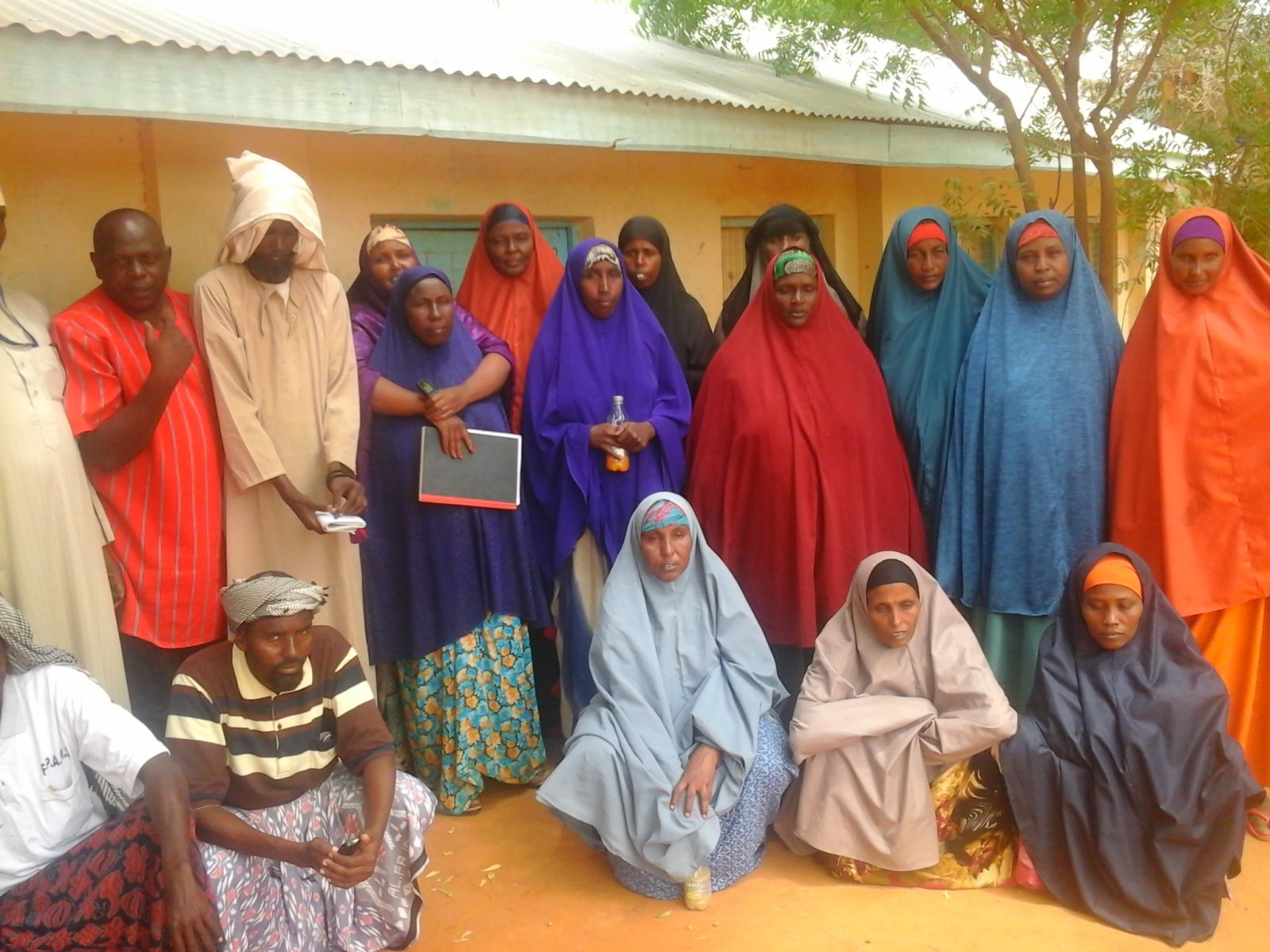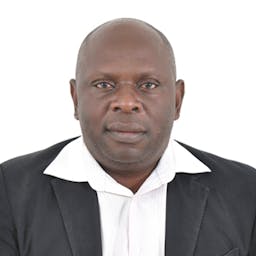Hacking at the root
May 28, 2019
Story

By Wanjala Wafula
I salute all the women and girls of the world because it is on your shoulders that the very world revolves. Every human being, dead or alive must have emanated from you and it’s for this reason that I am sometimes tempted to believe that the higher power must indeed be a women. Since time in memorial, women have experienced larger deficiency, ill health, educational disparity, maltreatment, and other collective tribulations simply because they are women. They are born destined for harm both individually and collectively. Theirs is a world where they are to be seen and used and not heard and respected. They are yoked to their own providence yet the world moves on undeterred.
I must hasten to mention that progress is being made in emancipating the African woman and girl from the chains of negative masculinity, harmful traditional practices and customs, patriarchy, boy-child preference and widespread disparities. I acknowledge that we are moving toward the right direction yet not as fast as we should be moving. I have over the years insisted that the rationale behind the sustained depravity of women and girls on the African continent and certainly around the world is the approach that has been taken. The persistent perception that women and girls anguish is a women’s problem that only women can address has squandered every opportunity availed toward fostering gender parity. As my friend Patty Liston rightly puts it, every NGO, CBO, FBO and UN agencies are hacking robustly at the tree that represents the aforementioned gender issues, yet, there are few, if any, hacking at the deeply imbedded root problem which are boys and men.
I have to be honest with myself because most people find it too excruciating to consider, and feel desperate when faced with the horror of any form of violence. I would rather focus my energies on telling you the other side of the story. I affirm that many men and boys organizations across the African continent now possess incredible capacities and understanding in reviving the lives of women and girls shuttered by numerous forms of violence. There is abundant optimism around the African continent. There are movements and initiatives of men and boys determined to unchain themselves from the baggage that comes with negative masculinities and the dangers associated with harmful traditions and customs.
In many parts of Africa, women and girls continue to be victims of existing laws, regulations, customs and practices that discriminate against them. They are politically exorcised, socially secluded, economically disfranchised and culturally caged. The aftermath of women being isolated from the decision making process is the furtherance of the manifestation of gender and sexual violence with statistics affirming that one in every three women in most parts of Africa has been a victim of gender based violence. There still is skyrocketing prevalence of human rights abuses, augmented poverty levels, increased illiteracy levels, amplified HIV infections, profound environmental degradation and the worsening living conditions.
In my view, the International Women's Day is the narrative of regular women, girls (and now men) as creators of history. It is a day when women and girls are acknowledged for their triumphs, without regard for divisions whether national, ethnic, linguistic, cultural, economic and political. For me, the day is about galvanizing communities and key target clusters for purposes of enabling girls and women to gain the confidence to start planning for their futures and strategically position them to benefit from key social, economic and political developments as envisaged in key national and international instruments.
It is interesting that most solutions revolving around gender violence issues seem to include what to do “after the fact”: after the fact of rape, after the fact of physical abuse; after the fact of killing a woman. There are discussions of police training, incarcerating criminals and providing hospitals and psychiatric counselling for women and children, all of which are directed to helping them, “after the fact”. Wouldn’t it be interesting to have a conference that brought together governmental and UN agencies, NGO’s and men’s groups who would be willing to discuss the real cause of GVB: boys who have no understanding of what it means to be a man of Conscience, Character and Courage. Boys, who have no real role models who can, or will, teach them the value of self-respect, responsibility, and self-control.
Unless organizations begin to “hack at the root” of what has been called the most “under parented” and “lost generation of boys” this world has ever experienced, we fear all of the “Declarations of Commitment” issued on behalf of women, will do little to eradicate the real problem. I believe that by teaching boys when they are young the principles of life, we take a new path; a critical step toward truly helping women-before, not “after the fact”.
Give one generation of boys the opportunity to learn and understand who they are, and what they can become; a generation of boys who will grow up to become men who understand their life purpose and their vital role and responsibility to home, family, community and country; and THEY will become the vocal movement and catalyst for the change we all envision for women everywhere. Without their voice, all of our best efforts are diluted by half.




